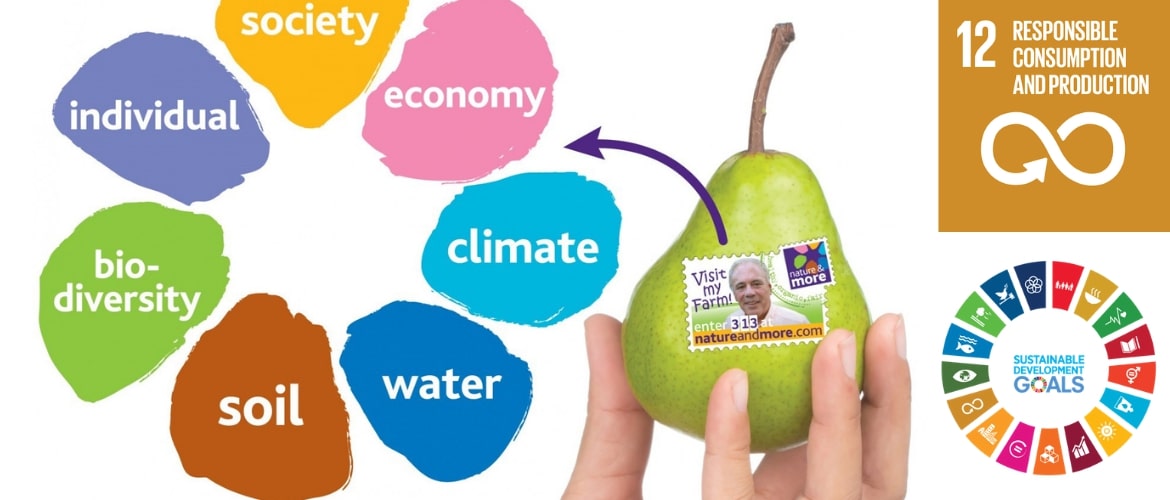The outset of 2020 was an exceptional period in world history. A viral pandemic affected most countries on Earth, including the Netherlands, and day to day life, commerce and businesses were seriously hit. Some companies, however, managed to thrive. Eosta B.V., Europe’s leading distributor of organic and fair-trade fruits and vegetables, experienced a 40% growth in turnover during the first months of 2020.

Driven by the strong leadership of its founder and CEO Volkert Engelsman, Eosta had positioned itself as a frontrunner in the sustainability field. It had incorporated the UN’s SDGs into the core of its business, and had actively developed projects on soil conservation, transparent supply chains, sustainable packaging, social development, living wages, and healthy food. Furthermore, it had pushed forward a new definition of profit and cost accounting that included the impacts on environment and society. Eosta continued to look critically at its next steps to ensure its continued success. How could Eosta manage its explosive growth while producing greater and lasting sustainable impact? How could Engelsman tackle the perverse incentive models for unsustainable, short-term profit that still guided the flow of capital in the food and financial sectors? And how could both company and leader further influence the world towards a greener and more inclusive economy?
This case is part of the Sustainable Development Goals (SDGs) case series, developed by Rotterdam School of Management (RSM), Erasmus University. With a focus on SDG 12 (Responsible Consumption and Production), the case is also closely related to many other SDGs, such as 2, 3, 6, 8, 12, 13, 14 and 15. Video learning materials and other resources about these SDGs are available at www.rsm.nl/sdgs.
1. Identify the drivers that motivate purposeful leadership towards sustainability and its impact on sustainable development and transformational change;
2. Understand how Eosta has been able to prioritise and incorporate many of the SDGs operationally into the core of its business, and analyse the nexus between SDG 12 and other SDGs.
3. Explore the challenges of leadership in decision making, business resilience and risk assessment throughout a period of crisis;
4. Analyse the concepts of sustainable, circular, and inclusive business models.
The case is suitable for MSc, MBA, EMBA and executive students in international business and society management, corporate entrepreneurship, leadership, sustainability and social responsibility courses.
-
Paula Arellano Geoffroy
Agriculture; food; organic; small farmers; fair trade; supply chain; value chain; financial market; purposeful leadership; sustainanbility; inclusive economy
Request a teaching note via cdc@rsm.nl